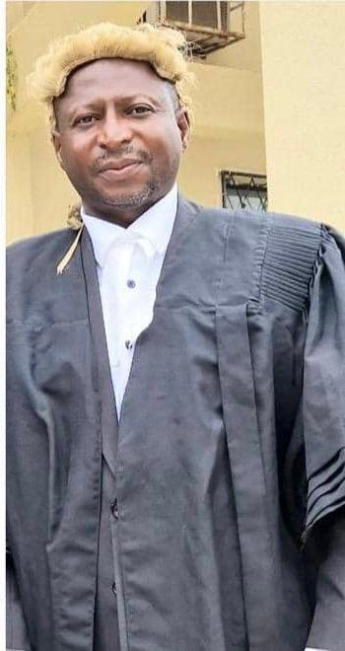
In his testimony, Police Officer Karalang Badjie, attached to the Serious Crime Unit, recounted the process he followed in obtaining cautionary and voluntary statements from the first and second accused, Abdoulie Jallow and Alfusainey Jobarteh, in connection with the alleged robbery at United Vegetable Oil Company in Saro.
Led by State Counsel M. D. Mballow, the witness said that on 16 February 2025, he was assigned to obtain a cautionary statement from the first accused following an investigation panel session.
Before taking the statement, he informed the accused of his right to remain silent, and brought in an independent witness, Wahab Manneh, a carpenter by profession, not affiliated with any security body.
“The accused affirmed that he wished to give a statement and opted to do so in English. I filled out the cautionary form, read the warning to him, and recorded his statement. It was later read back to him, and he confirmed it as correct before thumbprinting it,” Officer Badjie testified.
PW3 added that a voluntary statement was later obtained after informing the accused that charges of robbery and conspiracy would be preferred against him. The accused again affirmed, and the process was repeated in the presence of the same independent witness.
Officer Badjie also testified that he followed similar procedures when obtaining statements from the second accused, Alfusainey Jobarteh, on 10 February 2025. He said Jobarteh opted to speak in Mandinka, and his statements were also recorded in the presence of independent witness Wahab Manneh.
State Counsel Mballow later applied to tender both cautionary and voluntary statements of the first and second accused persons as evidence.
However, Defence Counsel E. Sanneh objected, arguing the statements were not made voluntarily. He alleged that the first accused, Abdoulie Jallow, gave the statements under threat and only after his elder brother, Alagie Juldeh Jallow, was arrested and detained for four days at the Barra Police Station.
Mballow objected to the claims, stating they were matters brought from the bar and not subject to cross-examination, urging the court to expunge them from the record. In response, Counsel Sanneh maintained that his submissions were in line with the law and necessary to clarify the legal grounds for the objection.
The court is expected to rule on the admissibility of the statements today.





